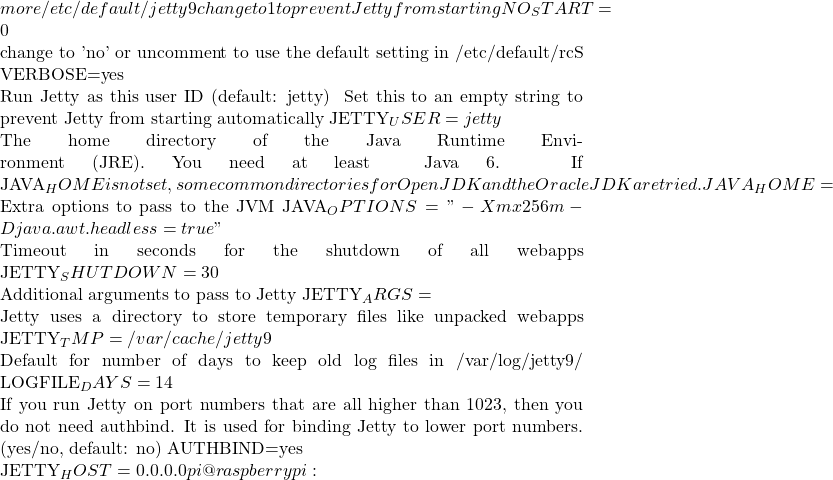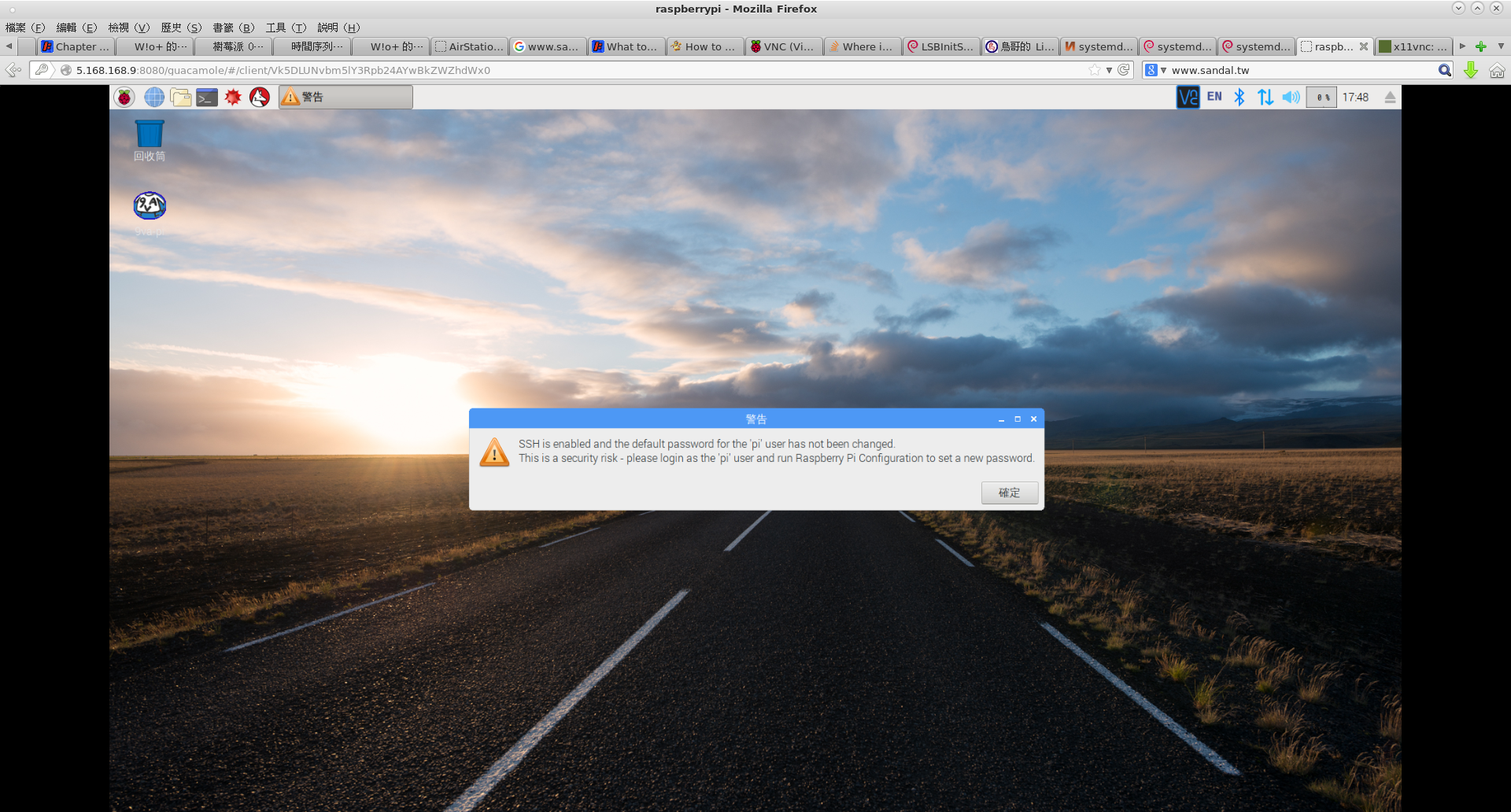《禮記‧學記》卷十八
記問之學,不足以為人師。必也其聽語乎。力不能問,然後語之;語之而不知,雖舍之可也。
良冶之子,必學為裘;良弓之子,必學為箕;始駕馬者反之,車在馬前。君子察於此三者,可以有志於學矣。
古之學者,比物醜類。鼓無當於五聲,五聲弗得不和。水無當於五色,五色弗得不章。學無當於五官,五官弗得不治。師無當於五服 ,五服弗得不親。
君子曰:「大德不官,大道不器,大信不約,大時不齊。」察於此四者,可以有志於本矣。
三王之祭川也。皆先河而後海;或源也,或委也。此之謂務本。
蓋聞二儀有像,顯覆載以含生;四時無形,潛寒暑以化物。是以窺天鑒地,庸愚皆識其端;明陰洞陽,賢哲罕窮其數。然而天地苞乎陰陽而易識者,以其有像也;陰陽處乎天地而難窮者,以其無形也。故知像顯可征,雖愚不惑;形潛莫睹,在智猶迷。況乎佛道崇虛,乘幽控寂,弘濟萬品,典禦十方,舉威靈而無上,抑神力而無下。大之則彌於宇宙,細之則攝於毫厘。無滅無生,曆千劫而不古;若隱若顯,運百福而長今。妙道凝玄,遵之莫知其際;法流湛寂,挹之莫測其源。故知蠢蠢凡愚,區區庸鄙,投其旨趣,能無疑惑者哉!
然 則大教之興,基乎西土,騰漢庭而皎夢,照東域而流慈。昔者,分形分跡之時,言未馳而成化;當常現常之世,民仰德而知遵。及乎晦影歸真,遷儀越世,金容掩 色,不鏡三千之光;麗象開圖,空端四八之相。於是微言廣被,拯含類於三塗;遺訓遐宣,導群生於十地。然而真教難仰,莫能一其旨歸,曲學易遵,邪正於焉紛 糾。所以空有之論,或習俗而是非;大小之乘,乍沿時而隆替。
有玄奘法師者, 法門之領袖也。幼懷貞敏,早悟三空之心;長契神情,先苞四忍之行。松風水月,未足比其清華;仙露明珠,詎能方其朗潤。故以智通無累,神測未形,超六塵而迥 出,只千古而無對。凝心內境,悲正法之陵遲;棲慮玄門,慨深文之訛謬。思欲分條析理,廣彼前聞,截偽續真,開茲後學。是以翹心淨土,往遊西域。乘危遠邁, 杖策孤征。積雪晨飛,途閑失地;驚砂夕起,空外迷天。萬裏山川,撥煙霞而進影;百重寒暑,躡霜雨(別本有作「雪」者)而前蹤。誠重勞輕,求深願達,周遊西 宇,十有七年。窮曆道邦,詢求正教,雙林八水,味道餐風,鹿苑鷲峰,瞻奇仰異。承至言於先聖,受真教於上賢,探賾妙門,精窮奧業。一乘五律之道,馳驟於心 田;八藏三篋之文,波濤於口海。
爰 自所曆之國,總將三藏要文,凡六百五十七部,譯布中夏,宣揚勝業。引慈雲於西極,注法雨於東垂,聖教缺而複全,蒼生罪而還福。濕火宅之幹焰,共拔迷途;朗 愛水之昏波,同臻彼岸。是知惡因業墜,善以緣升,升墜之端,惟人所托。譬夫桂生高嶺,雲露方得泫其華;蓮出淥波,飛塵不能汙其葉。非蓮性自潔而桂質本貞, 良由所附者高,則微物不能累;所憑者淨,則濁類不能沾。夫以卉木無知,猶資善而成善,況乎人倫有識,不緣慶而求慶!方冀茲經流施,將日月而無窮;斯福遐 敷,與乾坤而永大。朕才謝珪璋。言慚博達。至於內典。尤所未閑。昨制序文。深為鄙拙。唯恐穢翰墨於金簡。標瓦礫於珠林。忽得來書。謬承褒贊。循躬省慮。彌 蓋厚顏。善不足稱,空勞致謝。皇帝在春宮述三藏。聖記。
夫 顯揚正教,非智無以廣其文。崇闡微言。非賢莫能定其旨。蓋真如聖教者。諸法之玄宗。眾經之軌(足屬)也。綜括宏遠。奧旨遐深。極空有之精微。體生滅之機 要。詞茂道曠。尋之者不究其源。文顯義幽。履之者莫測其際。故知聖慈所被。業無善而不臻。妙化所敷。緣無惡而不翦。開法網之綱紀。弘六度之正教。拯群有之 塗炭。啟三藏之秘扃。是以名無翼而長飛。道無根而永固。道名流慶。曆遂古而鎮常。赴感應身。經塵劫而不朽。晨鐘夕梵。交二音於鷲峰。慧日法流。轉雙輪於鹿 菀。排空寶蓋。接翔雲而共飛。莊野春林。與天花而合彩。
伏 惟皇帝陛下。上玄資福。垂拱而治八荒。德被黔黎。斂衽而朝萬國。恩加朽骨。石室歸貝葉之文。澤及昆蟲。金匱流梵說之偈。遂使阿(禾辱)達水。通神旬之八 川。耆阇崛山。接嵩華之翠嶺。竊以性德凝寂。麋歸心而不通。智地玄奧。感懇誠而遂顯。豈謂重昏之夜。燭慧炬之光。火宅之朝。降法雨之澤。於是百川異流。同 會於海。萬區分義。總成乎實。豈與湯武校其優劣。堯舜比其聖德者哉。玄奘法師者。夙懷聰令。立志夷簡。神清齠齔之年。體拔浮華之世。凝情定室。匿跡幽巖。 棲息三禪。巡遊十地,超六塵之境。獨步迦維。會一乘之旨。隨機化物。以中華之無質。尋印度之真文。遠涉恒河。終期滿字。頻登雪嶺。更獲半珠。問道法還。十 有七載。備通釋典。利物為心。以貞觀十九年九月六日奉。
敕於弘福寺。翻譯聖教要文凡六百五十七部。引大海之法流。洗塵勞而不竭。傳智燈之長焰。皎幽闇而恒明。自非久值勝緣。何以顯揚斯旨。所謂法相常住。齊三光之明。
我皇福臻。同二儀之固。伏見禦制。眾經論序。照古騰今。理含金石之聲。文抱風雲之潤。治輒以輕塵足嶽。墜露添流。略舉大綱。以為斯記。
治素無才學。性不聰敏。內典諸文。殊未觀覽。所作論序。鄙拙尤繁。忽見來書。褒揚贊述。撫躬自省。慚悚交並。勞師等遠臻。深以為愧。
貞觀廿二年八月三日內府。
『記‧問』之學,非但不足以『為師』,或許也不可『師法 』。為什麼呢?『事實』與『資料』無論所積所聚多麼『龐大』且『詳實』,並不能夠自動產生『科學理論』!一個『科學理論』將那『龐大』『事實』和『詳實』『資料』貫串聯繫起來,才能形成『體系』,方可用來說明『萬象』!!
也就是說『知識』之『網絡』往往是『縱橫』『聯繫』的,『概念』的『經緯』常常會『上下』『貫串』。
據聞當初 阿隆佐‧邱奇 Alonzo Church 用『λ 運算』研究『可計算性』問題時,並不知道它自身就是一個『世界上最小的通用性程式語言』。因為『函式 』與『變元』兩者是任何人不管想用哪種『□□程式語言』來寫『演算法』Algorithm 都需要清楚理解的『概念』。抽象精巧正是為什麼,讀過『λ 運算』的人,多半覺得它既『難懂』又『難解』。這是有原因的,如果用『抽象辦法』談論著『抽象事物』,又不知道為何如此表述當然『難懂』;假使不能『困思勉行』多次的『深思熟慮』 ,以至於能夠一旦了悟那就自然『難解』。通常越是『基本』的概念,由於太過『直覺』了,反而容易『誤解』。就像化學元素『週期表』上的元素不過一一八個,它所構成的世界卻是千嬌萬媚繁多複雜,要講『鐵』的『性質』與『作用』,也許一大本書都不能窮盡,但換個方向說鐵不就是日用之物的嗎?
─── 《W!o 的派生‧十日談之《二》》
許多教程希望讀者盡快上手,故而具有 How-To 性質。美則美矣!何不補足 What-Is 之好耶?此實因難講也!舉例說現今之 Debian Stretch 的 jetty9 需要 JETTY_HOST 環境變數嗎??
pi@raspberrypi:~
登高後

再回顧來時路
pi@raspberrypi:~
又讀服務起始程式
pi@raspberrypi:~local_fs
network # Required-Stop:
remote_fs
named # Should-Stop:
VERSION DESC="Jetty
NAME LOGDIR="/var/log/
JETTY_HOME/start.jar" DEFAULT=/etc/default/
NAME/tmp if [ `id -u` -ne 0 ]; then echo "You need root privileges to run this script" exit 1 --More--(18%)
或其不必哩!★
既惑之也,焉能不求篤定乎?☆
怎曉大部頭文案
Jetty
Copyright © 1995-2017 Mort Bay Consulting Pty. Ltd.
| Revision History | |
|---|---|
| Revision 9.4.7.v20170914 | 2017-09-14 08:23:47 |
| This documentation is produced and contributed to under the Eclipse Public License v1.0. | |
Table of Contents
有沒有誤讀錯解的耶??!!
You can configure connector network settings by calling setters on the connector before it is started. For example, you can set the port with the Jetty XML:
<New class="org.eclipse.jetty.server.ServerConnector"> <Arg name="server"><Ref refid="Server" /></Arg> <Arg name="factories"><!-- insert one or more factories here --></Arg> <Set name="port">8080</Set> </New>
Values in Jetty XML can also be parameterized so that they may be passed from property files or set on the command line. Thus typically the port is set within Jetty XML, but uses the Property element to be customizable:
<New class="org.eclipse.jetty.server.ServerConnector"> <Arg name="server"><Ref refid="Server" /></Arg> <Arg name="factories"><!-- insert one or more factories here --></Arg> <Set name="port"><Property name="jetty.http.port" default="8080"/></Set> </New>
The network settings available for configuration on the ServerConnector include:
Table 6.1. Connector Configuration
| Field | Description |
|---|---|
| host | The network interface this connector binds to as an IP address or a hostname. If null or 0.0.0.0, bind to all interfaces. |
| port | The configured port for the connector or 0 a random available port may be used (selected port available via getLocalPort()). |
| idleTimeout | The time in milliseconds that the connection can be idle before it is closed. |
| defaultProtocol | The name of the default protocol used to select a ConnectionFactory instance. This defaults to the first ConnectionFactory added to the connector. |
| stopTimeout | The time in milliseconds to wait before gently stopping a connector. |
| acceptQueueSize | The size of the pending connection backlog. The exact interpretation is JVM and operating system specific and you can ignore it. Higher values allow more connections to wait pending an acceptor thread. Because the exact interpretation is deployment dependent, it is best to keep this value as the default unless there is a specific connection issue for a specific OS that you need to address. |
| reuseAddress | Allow the server socket to be rebound even if in TIME_WAIT. For servers it is typically OK to leave this as the default true. |
| soLingerTime | A value greater than zero sets the socket SO_LINGER value in milliseconds. Jetty attempts to gently close all TCP/IP connections with proper half close semantics, so a linger timeout should not be required and thus the default is -1. |

